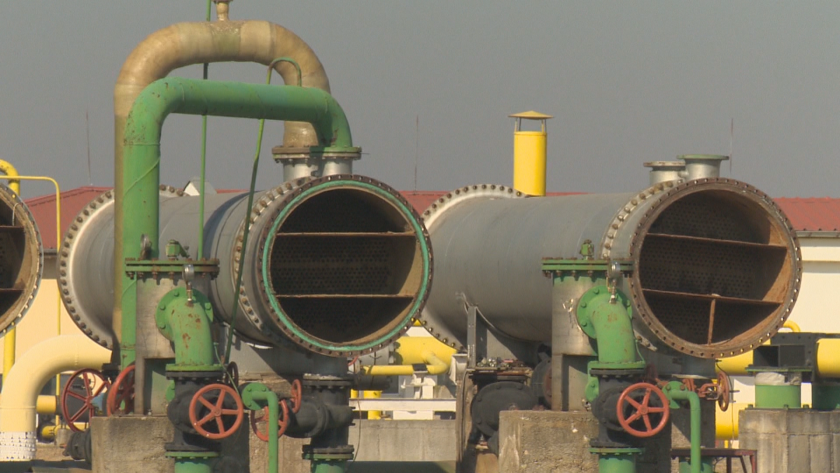Yesterday, the blue fuel was trading at around $1,000. This 35% increase was recorded in just an hour of trading, after the start of the military operation in Ukraine (Feb 24). The markets in Europe saw a serious decline at the beginning of the day. The price of Brent crude oil for April transactions jumped to $105 per barrel.
Prices of wheat rose to 344 euros a tonne in European trade given that Ukraine and Russia are two of the world's biggest producers. In Russia, a decision was taken for the Central Bank to intervene in the foreign exchange market after the value of the rouble fell to a record against the dollar and the euro.
The stock market analyst Tsvetoslav Tsachev told BNT that the biggest danger, if there are very serious sanctions against Russia, is to see this year about 1 - 2% decline in Europe's economy.
"The problem is that we do not yet know how strong the sanctions will be. I think they will be a function of how fast the Russian army advances, because if there is serious resistance in Ukraine, Europe will have the luxury of imposing stronger sanctions," Tsvetoslav Tsachev told BNT.
Regarding the stock markets, Tsachev said that Europe has seen a 4-5 percent drop in the indices, and they may also be taking the news from yesterday about the US market, where there have been quite serious losses.
"What we are seeing in all markets is something quite normal. Risk assets are being sold off, assets that are for capital protection are being bought - like bonds, gold. Whenever there are such events the dollar wins," Tsachev explained.
He also commented that despite the significant rise in gas prices on European markets, prices have not yet reached their peak of 1,600 euros a few weeks ago. It is not yet possible to say how the market will behave if gas supplies to Europe are actually suspended.







 Чуй новините
Чуй новините Подкаст
Подкаст























